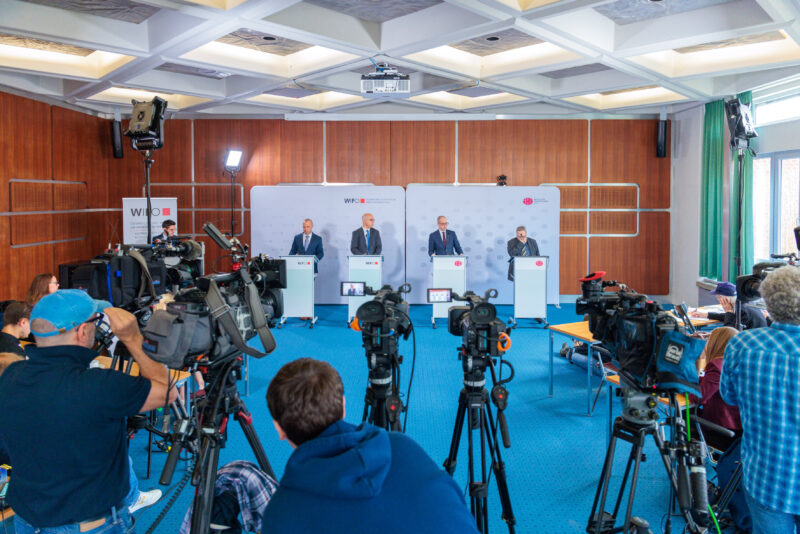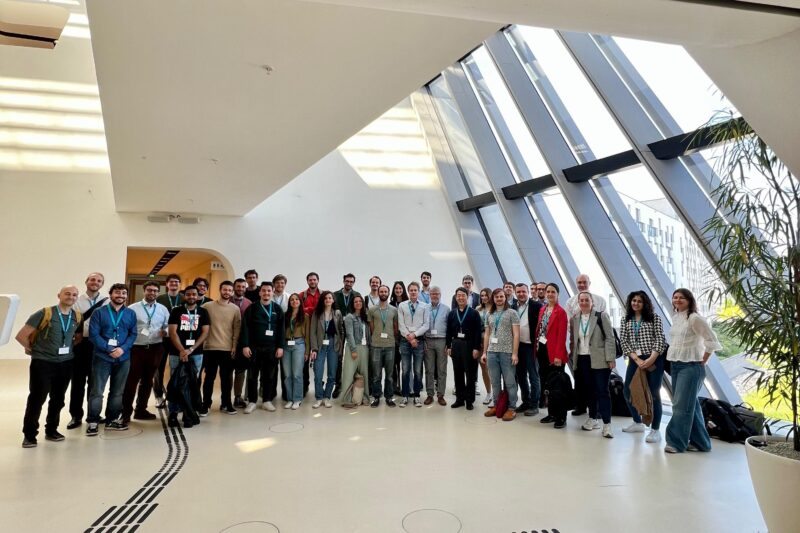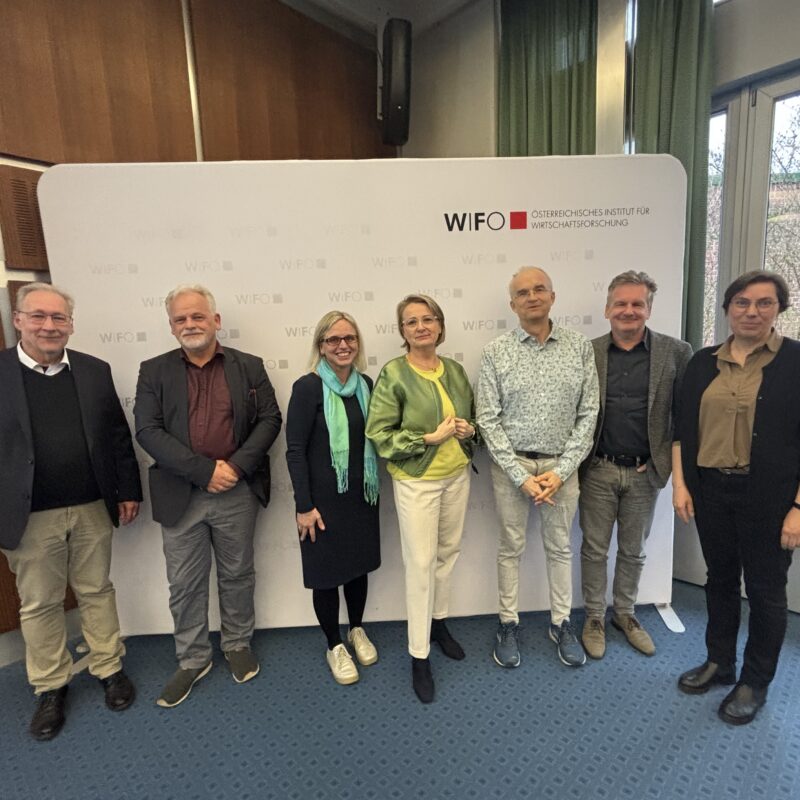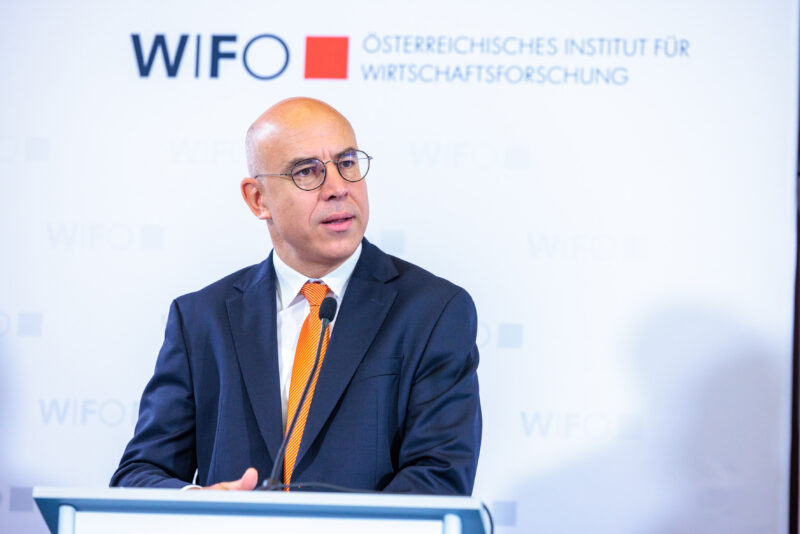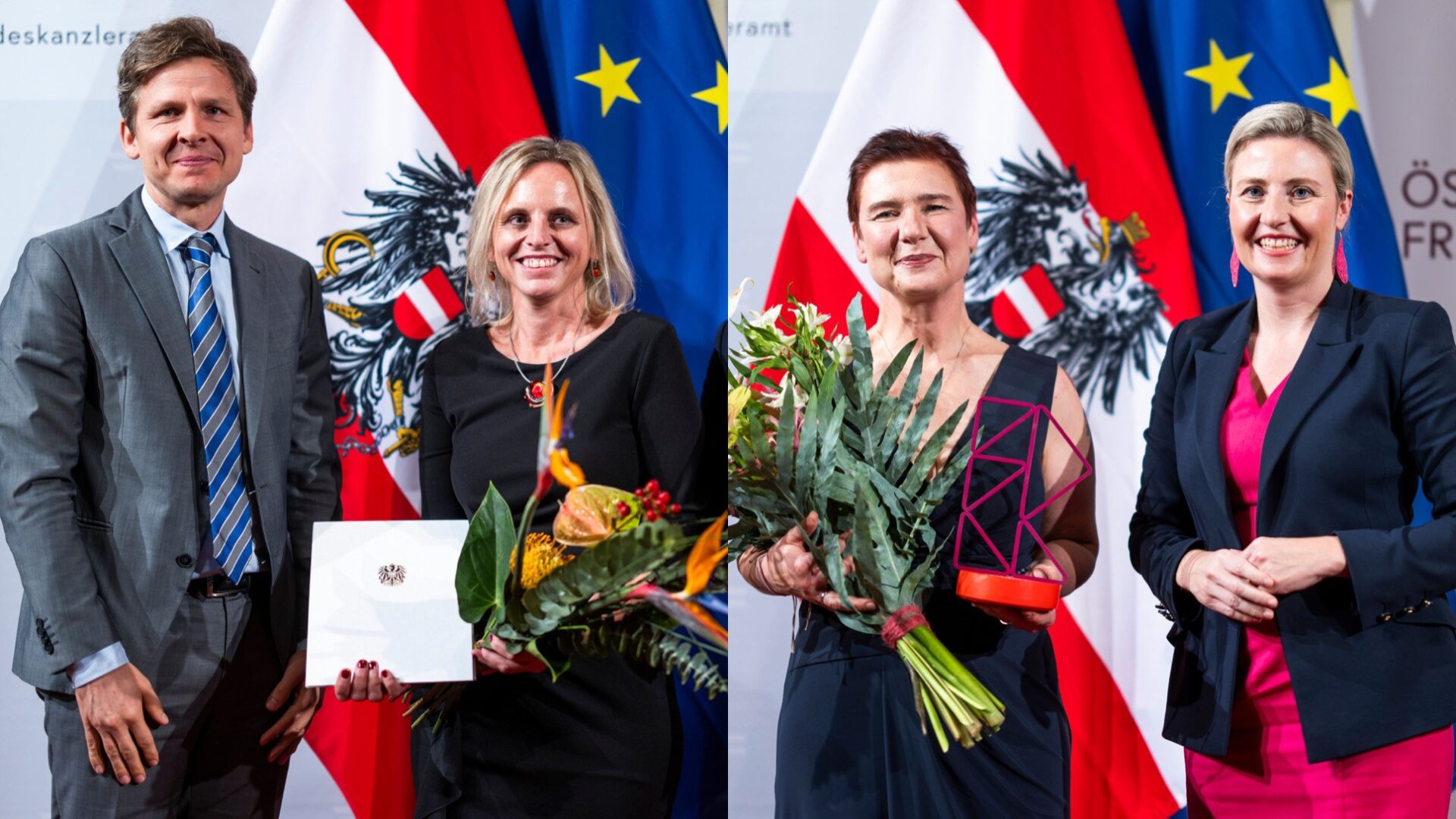
Federal Minister for Women Honors Two WIFO Economists
Grete Rehor Prize for Julia Bock-Schappelwein
The Grete Rehor Prize for Julia Bock-Schappelwein is in recognition of her research contributions to the analysis of structural barriers for women in the labour market.
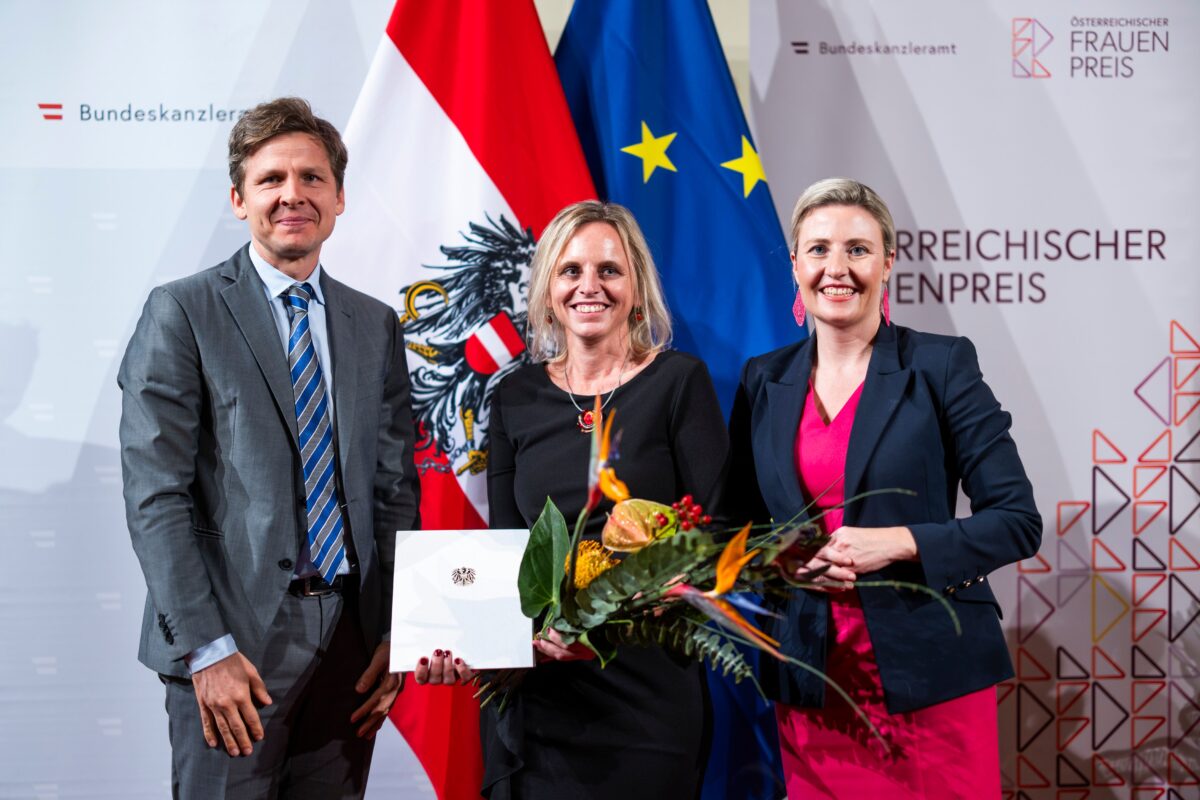
Bock-Schappelwein is one of the leading economists who has been working for decades on gender issues in the labour market, the barriers to women's employment, but also the obstacles for women in education and migrants' access to the labour market. In addition, the WIFO economist identifies and investigates structural and disruptive economic developments and their impact on women – in addition to her conceptual work on measuring disruptive labour market developments. Her most recent work includes the upheavals in the labour market caused by the COVID-19 pandemic, the complex effects of the increasing digitalisation of the economy on the labour market, the challenges of climate change on future job profiles and occupations in demand and the resulting opportunities and risks for women.
She is also a national expert in Cedefop's Skillsnet network and provides her educational expertise for the "Mutual Learning Programme" of the European Commission's Directorate-General for Employment, Social Affairs and Inclusion (DG EMPL). Her extensive and multifaceted research output includes conceptual and structural analyses as well as evaluations of policy measures and evidence-based policy recommendations for a sustainable and gender-equitable economy. In addition to her multi-layered publication output, she attaches great importance to research dissemination, with which Julia Bock-Schappelwein provides WIFO stakeholders and professional circles with a scientific basis.
"The awarding of the Grete Rehor Prize – Austria's first female Minister of Social Affairs (1966 to 1970) and a pioneer for gender equality and equal pay – to Julia Bock-Schappelwein not only confirms the relevance of her research achievements in the field of gender equality policy, but is also a recognition of the outstanding and continuous commitment with which the she drives her research forward and thus both provides empirical foundations for policy-making and communicates them to a broad public," said WIFO Deputy Director Christine Mayrhuber in her congratulatory address.
Käthe Leichter National Award for Margit Schratzenstaller
Margit Schratzenstaller's many years of research achievements in the field of gender equality, particularly in the area of public finance, have been honoured with the Käthe Leichter National Award in recognition of her work in the field of women's policy.
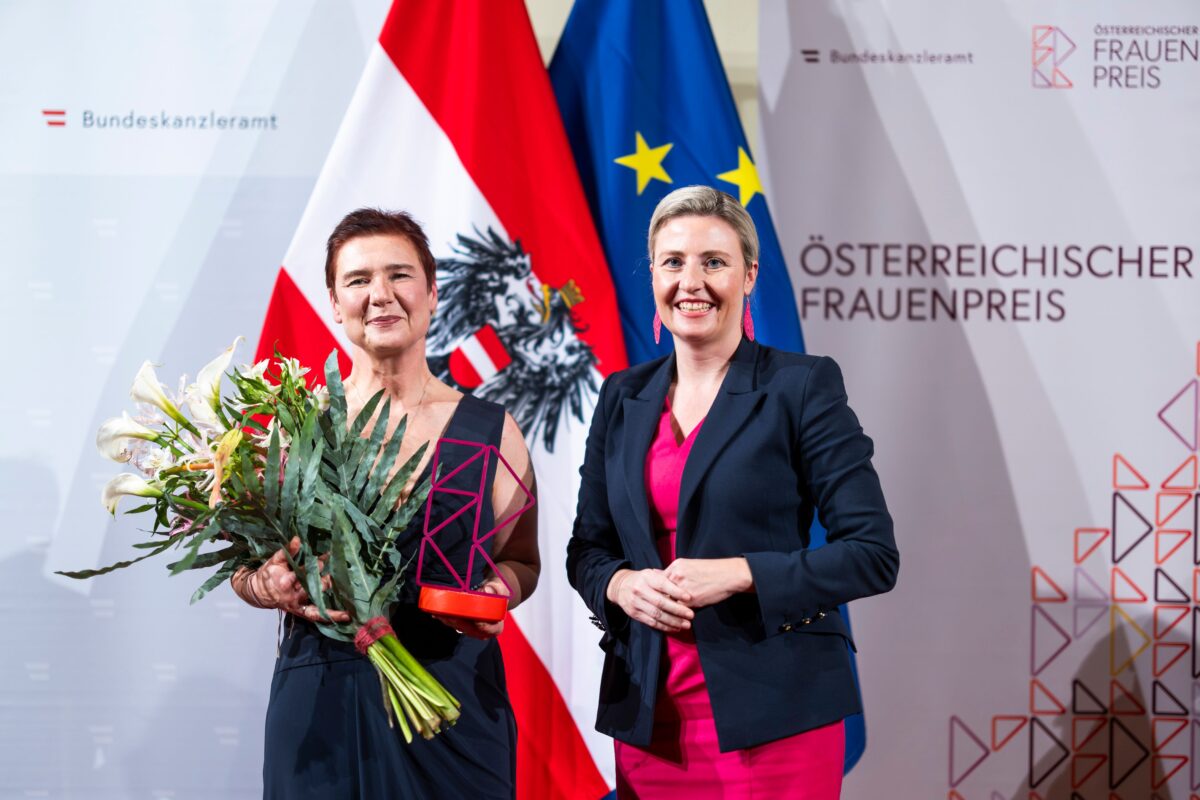
"Margit Schratzenstaller is the leading Austrian budget expert not only in the area of national budgets, but also in the area of European budget and tax policy," said Mayrhuber. She contributes her expertise as a member of the Austrian Fiscal Council, the Advisory Board Science (ABW) of the Vienna Climate Council and the Board of Trustees of the Centre for Public Administration Research (KDZ) as well as a member of the Board of the Austrian Society for European Policy.
At the beginning of her research activities at WIFO, she established gender budgeting, i.e., the systematic analysis of the gender-specific effects of government budget policy, both as a research topic at WIFO and as a topic in political discourse, thus contributing significantly to its legal anchoring in the federal budget process. Her analyses of gender-specific effects in the tax system, in the area of family support, etc. provide central empirical findings for gender equality policy.
The work of WIFO economist Margit Schratzenstaller is characterised by the fact that she recognises economic developments at an early stage and promotes corresponding research priorities, such as the incentives in and the role of the tax system for the socio-ecological transformation of the economy.
"Winning the Käthe Leichter National Award – an economic pioneer in research into the living and working environments of women in the First Republic – confirms and emphasises Schratzenstaller's multi-layered and forward-looking research approach," said Mayrhuber.
Congratulations from WIFO's Management Board
WIFO's Management Board warmly congratulated the two award winners on their honours. "This not only recognises the importance of the two economists' fields of research and makes them even more visible, but also their passionate commitment to research to create new evidence on the old questions of economic and social gender equality," said Mayrhuber.
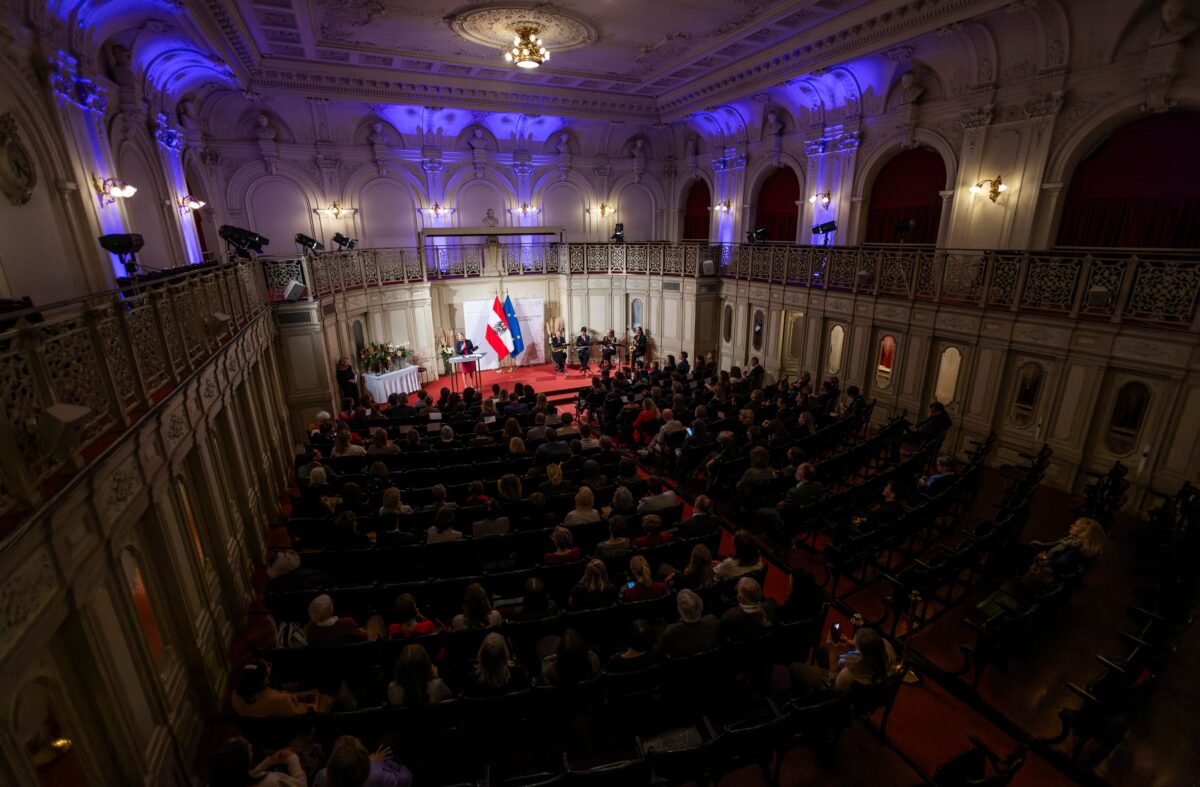
The structural differences between women and men have already been addressed by the namesakes of the national awards.
Käthe Leichter, who sued the Imperial Court in 1913 for admission to the University of Vienna, studied political science, and obtained her doctorate under Max Weber in Heidelberg (because it was not yet possible for women in Austria). She set up the women's department at the Vienna Chamber of Labour, published the Statistisches Taschenbuch, among other things. She was murdered in a concentration camp in 1942.
Grete Rehor was the first female federal minister in the history of Republic of Austria – from 1966 to 1970 she was head of the social department. In the trade union she pushed through the abolition of the "women's wage groups", her goal was equal pay for equal work.


